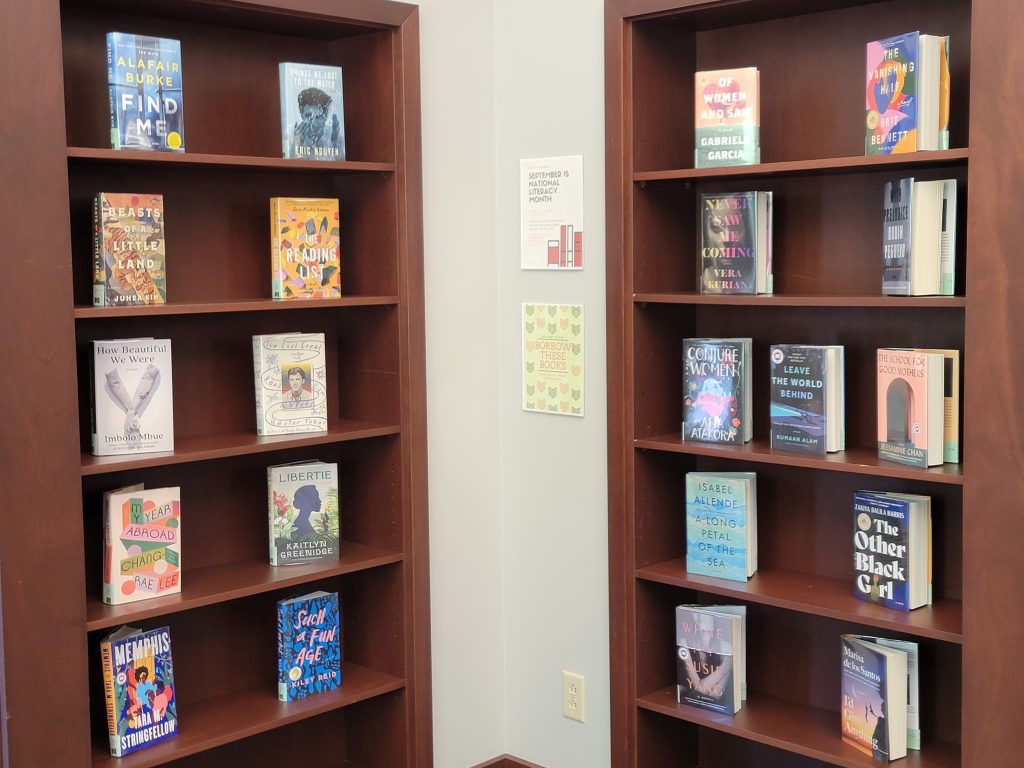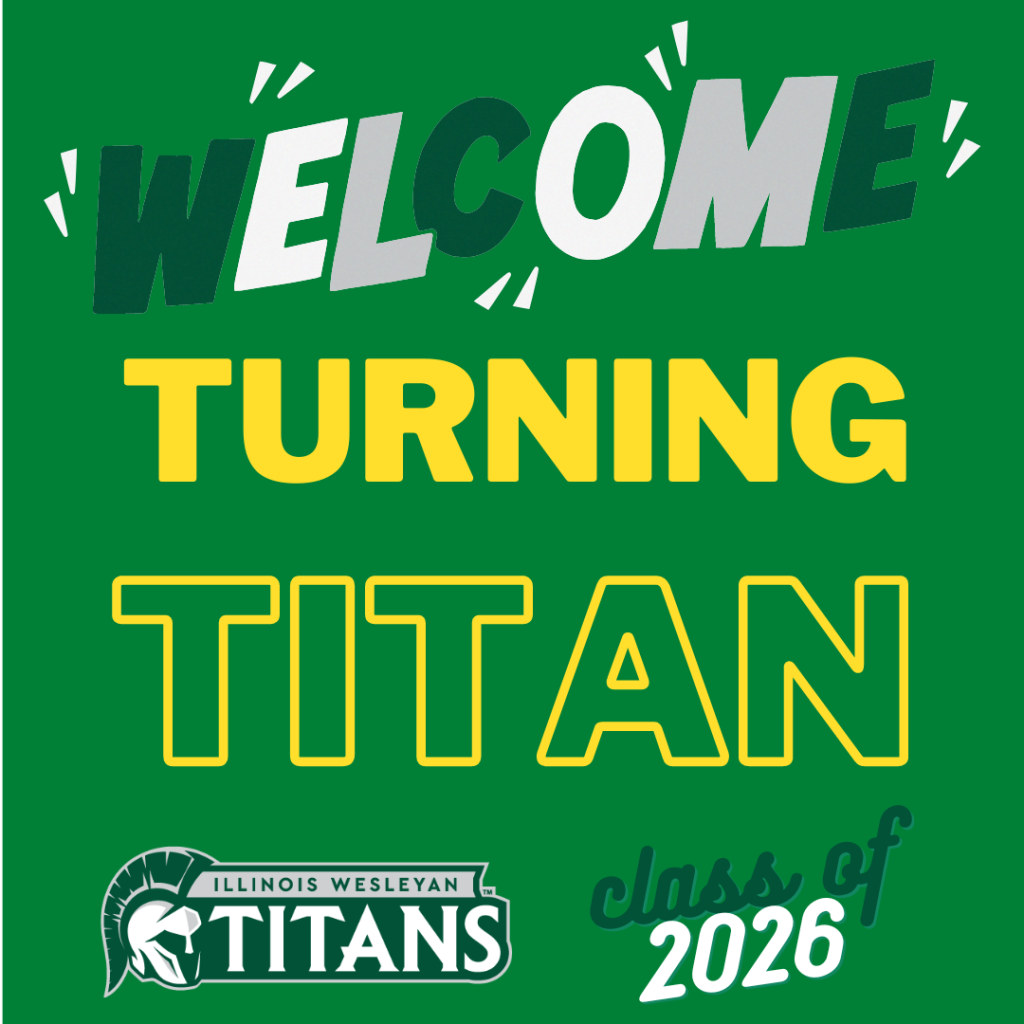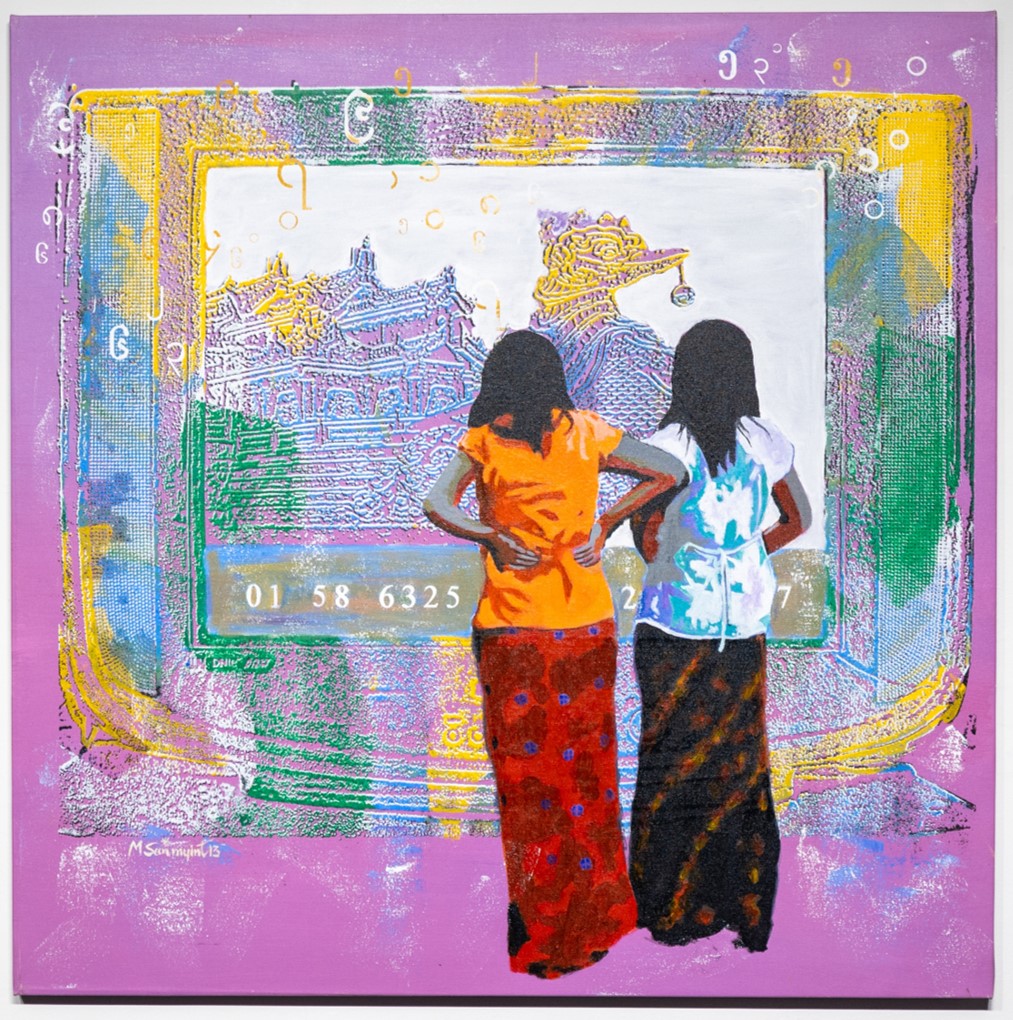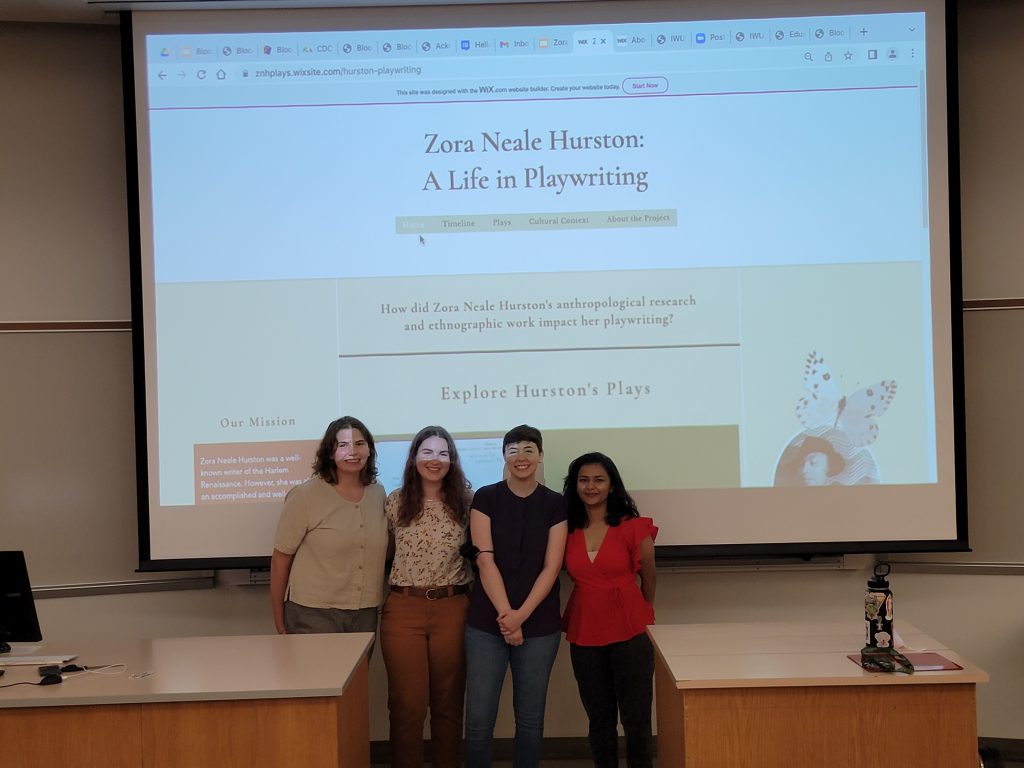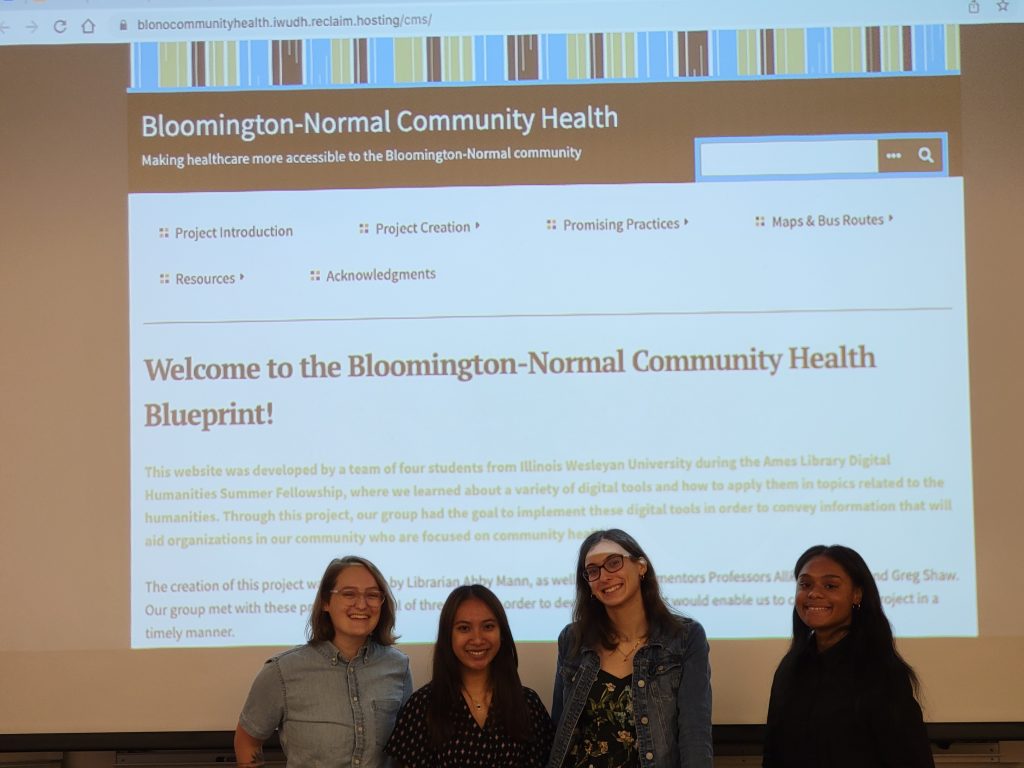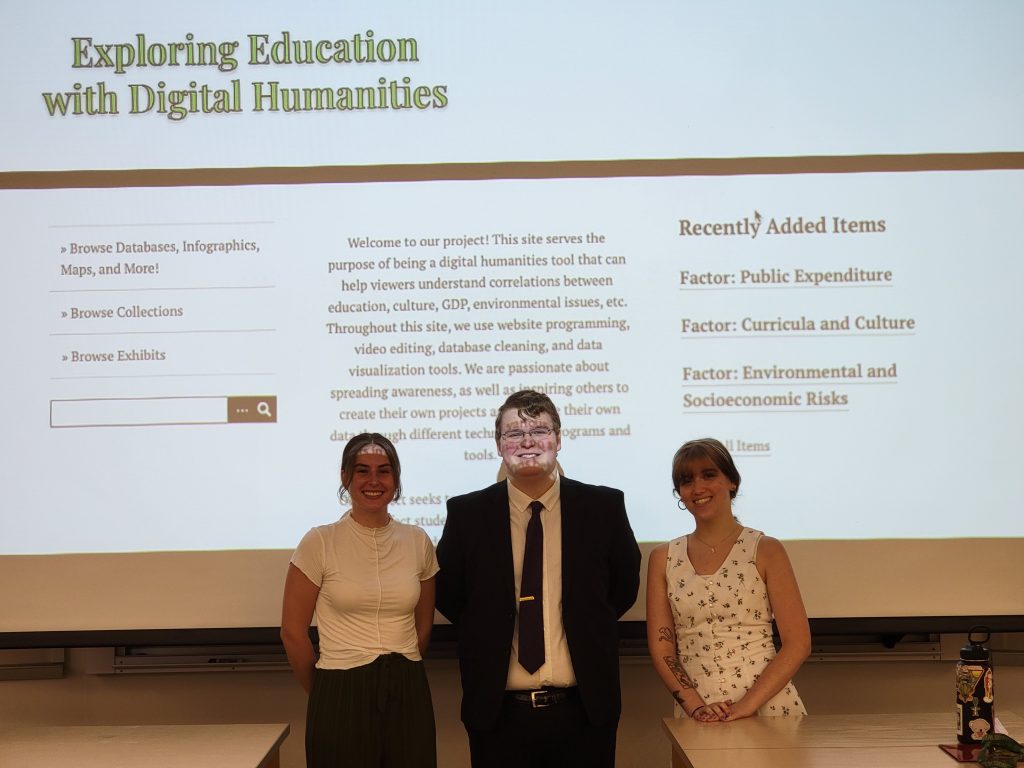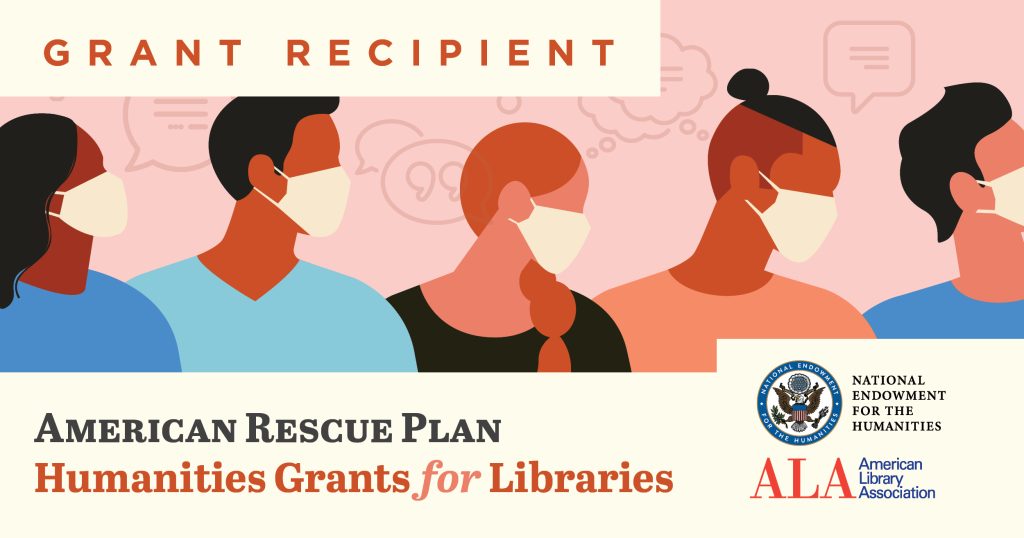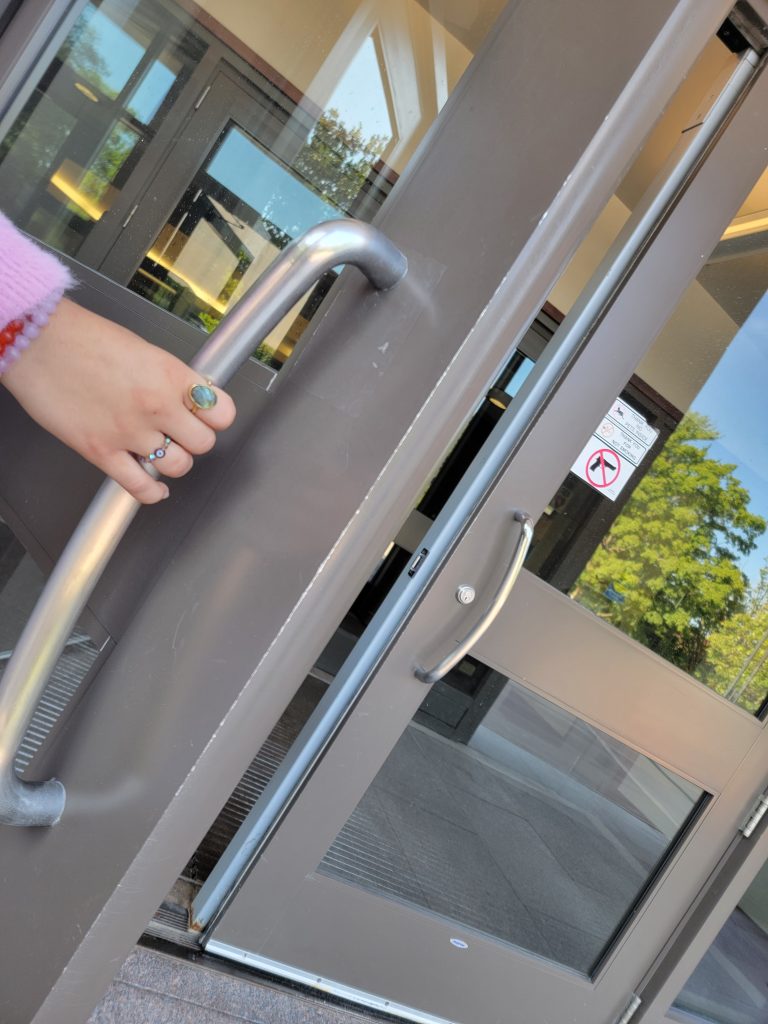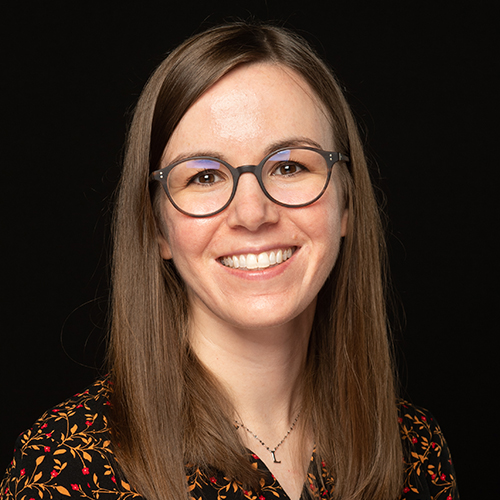
The fall semester is underway. For many of us, it’s the first time since 2020 that we’re sitting in full, in-person classrooms. The past several years have been challenging and we are not the same.
Open, honest conversations about mental health have helped reduce stigma – sometimes we need help from others, and we always need to take care of ourselves and our communities. Self care is something most of us could practice more often and The Ames Library is committed to creating a community of care at Illinois Wesleyan. One such way is through our new Self Care Station.
Visit our Self Care Station on the entry level (vending machine room) to grab a snack, play a board game, read tips from Ames, find some fun or self-care reading, and learn about some resources available on campus. Or take a look at our Self Care LibGuide where you can learn about resources in Ames, tips for evaluating mental health information online, and find links to campus partners.
For the first half of September, we are highlighting BIPOC authors from our Popular Reading Collection in the Self Care Station. September is National Literacy Month and reading for fun is an excellent way to practice self care. Reading has been shown to improve memory, reduce stress, build self-esteem, and allow an individual to develop or improve skills.
The following Community of Care statement was suggested by the the Mental Health Policy Task Force, which was convened in the summer of 2022 to respond to the Student Senate Mental Health resolution. While student attendance in class isn’t our top concern, The Ames Library is committed to connecting to and sharing campus and local resources that promote mental and physical health. Through the Self Care Station, we will connect the library and information literacy to campus conversations related to mental and physical health.
“Mental health and physical health are key components of student wellness, and IWU faculty and staff recognize our role in providing an academically rigorous environment that supports wellness while also providing resources. As a campus community it is important for us to establish mental and physical health promotion practices, destigmatize mental health challenges, normalize care seeking, and provide access to qualified, licensed practitioners that can assist in early identification of and assistance with mental health challenges, whether acute or chronic. We recognize that we live in an ever changing world that has caused more stress on college students than ever before. Information on Arnold Health Services and Counseling & Consultation Services can be found at https://www.iwu.edu/counseling/.”


